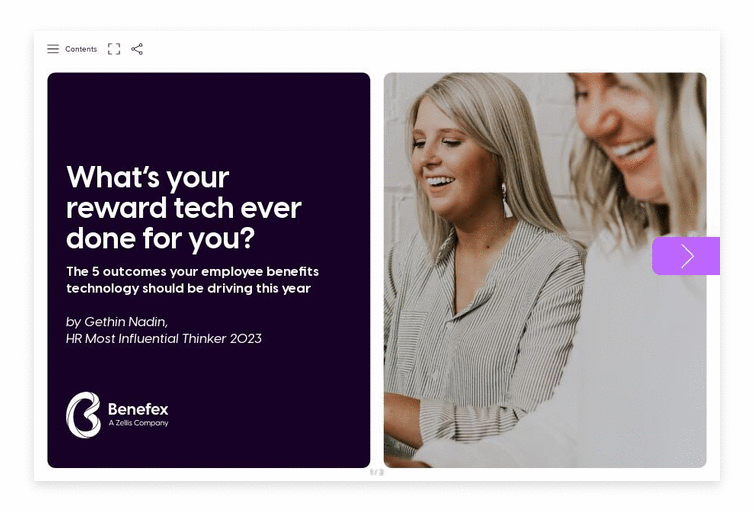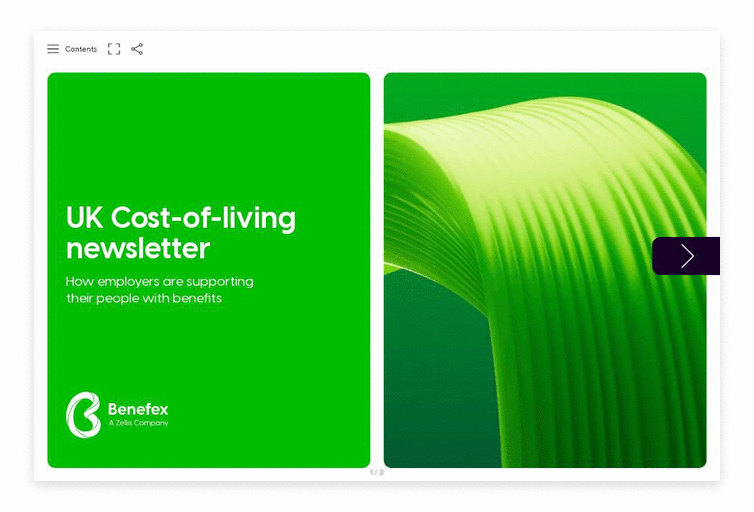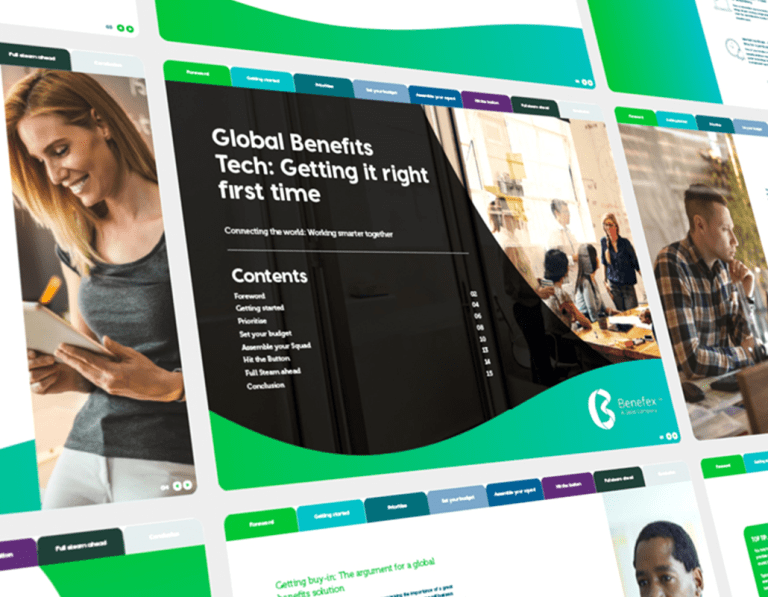Featured
Report
Global
The Big Benefits Report
In our Big Benefits Report, we release new findings from our latest research, as well as data from the millions of benefits selections made this year on our OneHub platform, to provide insights into the latest trends in employee benefits.
Access the report
Upcoming event
16:00 GMT
7th February 2022
Lorem ipsum dolor sit amet ipsum consecte tuip sum ipsum dolor sit amet ipsum consecte tuip sum.
Featured customer stories

Learn how EDF brought their priorities and the employee journey together into one place with OneHub.

How SkyScanner uses OneHub to provide tailored, flexible benefits in 10+ global
locations.

How we launched global benefits technology for Salesforce in 30+ countries.

How Ocado Group celebrate all the individual and team achievements of their people around the world.






















